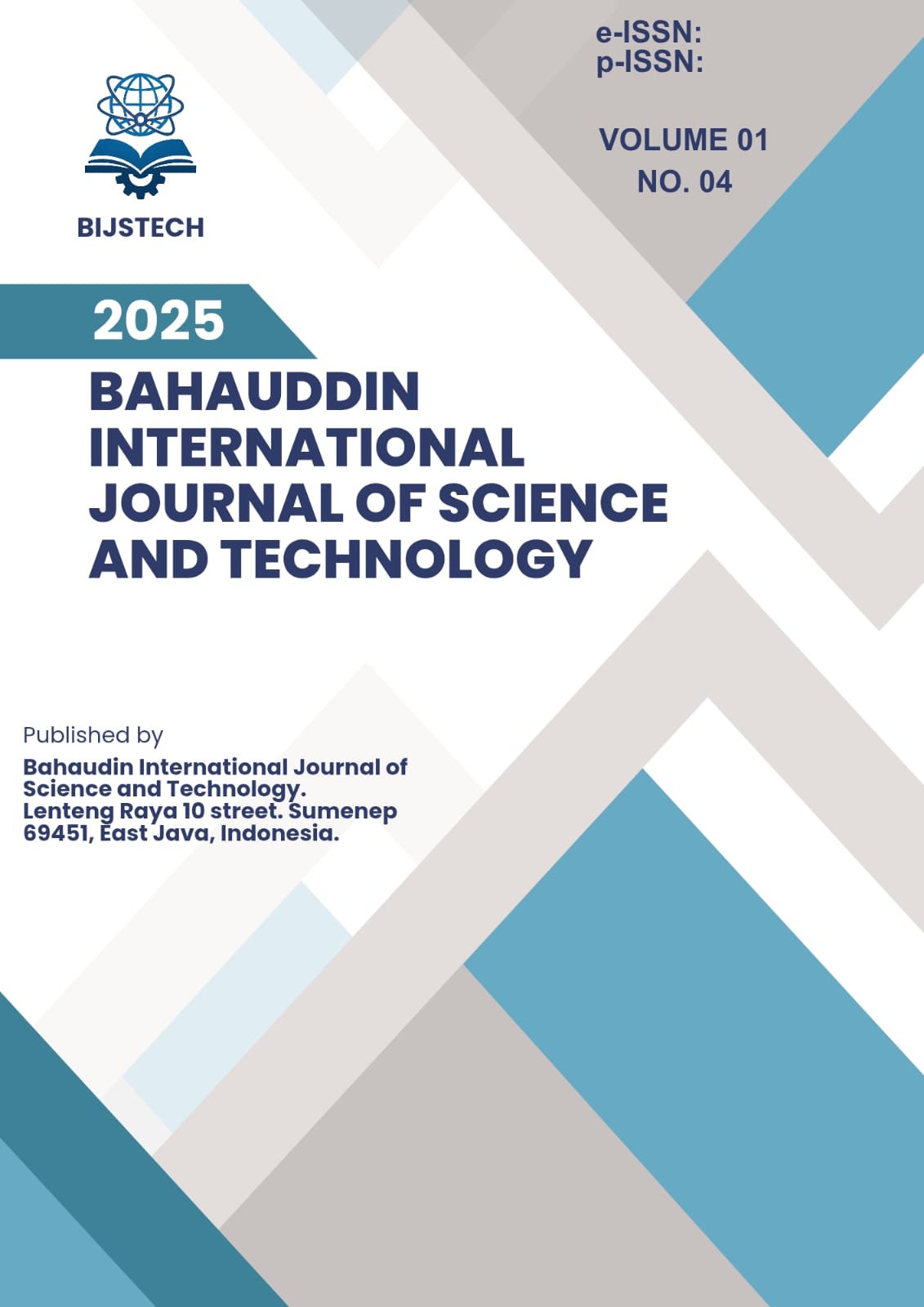Culturally Responsive Vocabulary Instruction through Memes: Integrating Digital Culture into EFL Classrooms in Indonesia
Keywords:
vocabulary instruction, digital memes, EFL learning, culturally responsive teaching, digital nativesAbstract
Learners in the digital age demand culturally relevant, multimodal, and socially grounded instructional methodologies for English as a Foreign Language (EFL) instruction. Traditional vocabulary education frequently fails to interest digital natives who are already engaged in internet culture. The purpose of this research is to create and assess a vocabulary teaching technique based on digital memes within the context of Culturally Responsive Teaching. The study adopted a Classroom Action Research (CAR) design that was carried out in two cycles. The data were gathered by pretest, posttest, delayed posttest, classroom observations, student reflective journals, and semi-structured interviews. The key research variable is the effectiveness of vocabulary education using digital memes, which is measured both statistically and qualitatively. The study found a substantial improvement in vocabulary mastery (M = 76.97) compared to the pretest (M = 55.34), with t(28) = -41.273, p <.001, and a strong effect size (Cohen's d = -7.664). The delayed posttest (M = 74.31) confirmed long-term vocabulary retention. According to qualitative research, using memes increased student engagement, inventiveness, and emotional connection to the topic, as well as fostering cultural relevance and reflective learning. The findings suggest incorporating digital culture into language training as a strategy of promoting inclusive and context-sensitive EFL pedagogy.

Downloads
Published
Versions
- 20-09-2025 (2)
- 25-08-2025 (1)
